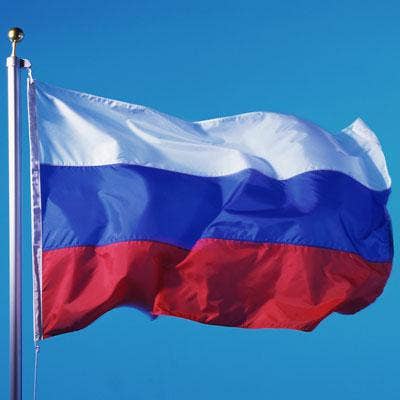Taiwan PC Maker Acer Suspends Russia Business
The company, which holds the second-largest PC market share in Russia, says it is suspending its business there, citing ‘recent developments.’

Taiwan PC maker Acer has reversed course, saying Friday it will suspend its Russia business because of the war in Ukraine.
“Due to recent developments, Acer has decided to suspend its business in Russia,” Acer said in a statement. “The company is focusing on the safety of all its employees, which includes ongoing efforts to help every individual and their families impacted by the current situation. Acer hopes that peace will be restored as soon as possible. Acer’s thoughts are with the affected people, and is working with several international agencies and NGOs [non-governmental organizations] on humanitarian support.”
Acer’s office in Russia will remain open, the company said.
“The Acer office in Russia is still open for basic information and service purposes, but it no longer supports any sales transactions,” according to an Acer spokesperson.
The move comes days after Acer received an “F” grade in a Yale School of Management report for continuing to do “business as usual” in Russia. Acer is one of nearly 200 companies—including IT vendors such as Taiwan-based PC maker Asus, Israeli security company Check Point Software Technologies and Hong Kong-based Lenovo—the report identified as of Friday as “digging in” and “defying demands” for an exit or reduction of activities in the Russian market.
CRN reached out to Asus, Check Point and Lenovo for comment and did not hear back as of press time.
Researchers responsible for the Yale report did not respond to requests for comment by press time. [Update: Yale researchers since have updgraded Acer to a “B.”]
With the about-face, Acer joins hundreds of companies worldwide—including PC makers such as Dell Technologies and HP Inc.—in suspending or curtailing business operations in Russia following the country’s invasion of Ukraine at the end of February.
Mike Turicchi, vice president of Gainesville, Va.-based NCS Technologies, said the conflict is putting companies in a tough spot.
“It’s a difficult business decision for a company to have to make, but it’s the right thing to do. I was disappointed it took this long for Acer to suspend their business operations in Russia when the majority of technology companies pulled the plug a month ago,” Turicchi said via an email to CRN, noting NCS Technologies is not an Acer partner. “We are all feeling some pain as a result of the sanctions and will continue to experience challenges in the weeks and months ahead. It is a small price to pay when you see what the Ukrainians are enduring.”
The U.S. has levied severe sanctions against Russia and some of its wealthiest citizens in an effort to create economic consequences for Russia’s actions.
Acer released its first statement about the Russia-Ukraine conflict on Friday as part of a release of its first-quarter 2022 financial results.
It holds the second-largest PC market share in Russia with 16.8 percent of shipments in Q4 2021, according to Statista. Lenovo (with 18.5 percent market share) and Asus (with 15.6 percent market share) rounded out the top three.
While many tech firms have been pulling business since the start of the invasion, some are taking even more steps as international outrage grows. Intel Tuesday said that it would shut down all operations in Russia, pulling the plug on its 1,200-employee operation there. Initially, the Santa Clara, Calif.-headquartered chip giant complied with U.S. sanctions that called for tech companies to cut off supply and sales.
“Intel continues to join the global community in condemning Russia’s war against Ukraine and calling for a swift return to peace,” the company said in a statement.
Yale’s report lists more than 600 companies who have pulled out of Russia. Other companies that suspended business but kept operations running were given higher grades. An “A” grade was given to companies that shut their presence down completely—going beyond current U.S. sanctions that call for a business ban.